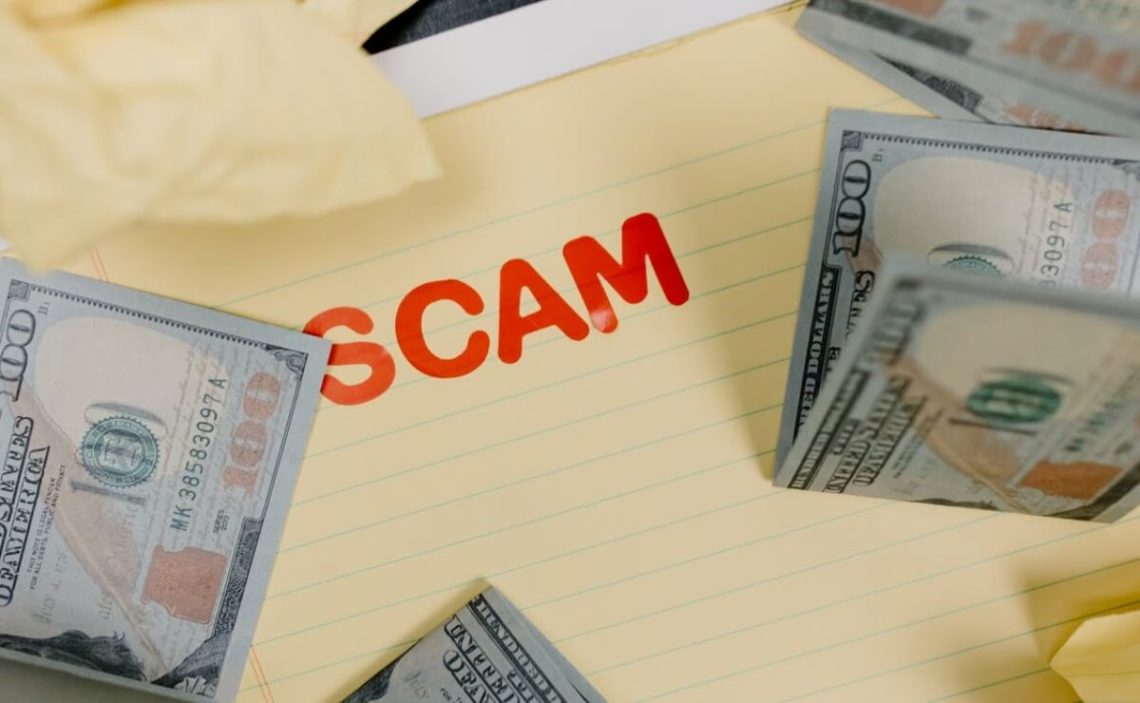Platforms for sending and receiving money such as Venmo, Paypal, or Cash App became necessary during the pandemic. Accepting money immediately and securely without the bureaucratic delays of a banking institution is indispensable for most people. Although Venmo is a safe, legal, and reliable platform for your transactions, there is always a margin of error in falling for a scam.
The application itself is not developed to be vulnerable nor to put customer data at risk, but there are still ways to deceive the user by inviting them to send money for a cause or purchase, and they are deceived. If you are a new user wondering if you can get scammed on Venmo, the answer is yes. In the following lines, we expose the most common ones.
These are the five most common Venmo Scams
Venmo scams are schemes that scammers use to trick Venmo users into sending money or giving them personal financial information, such as bank account numbers or Social Security Numbers (SSN). These criminal operations have been going on for many years, but there are still users who fall into the trap.
Criminals choose Venmo to scam because the transfers are immediate; when sending money, the counterparty will have it in a matter of seconds. In addition, it takes a couple of days for transactions to appear in the register, making it easy for fraudsters to steal by credit card or bank accounts.
Venmo is one of the most anonymous money transfer applications. Fraudsters often create fake accounts or impersonate someone else. For this reason, the app recommends making transfers only to acquaintances on Venmo. Although there are a thousand ways to scam, here we will mention the most common ones.
Scam one: Free money
Scammers contact Venmo account owners and notify them by mail or text message that they are the winners of some prize transfer. Sometimes, they request bank details and then use them to empty people’s accounts.
Another classic scam is the “money circle” or the “money wheel.” It aims to ask the victim to send a small amount of money in exchange for a large amount in return. For example, they usually contact the cardholder and tell them that they won a gift transfer. To claim it, they must send $200 to the “X” account, and within a week, they will receive $2,000 back to their account.
Scam two: Sending money by accident
One of the scam options is also based on sending accidental money. The trap starts when you receive a notification from someone else explaining that they made a transfer to you “by mistake” and politely ask you to refund the money. But the truth is that they use a stolen person’s debit card or checking account to make the transfer.
Scam three: Selling/buying from a stranger
Selling to or buying from a stranger can always be dubious. However, these types of transactions lend themselves to scamming the innocent. Venmo recommends verifying the identity before proceeding with the deal if you sell to or buy from a stranger.
Scam Four: Soliciting Money with a Fake Link
Be aware of texts you receive via email or text message. Some of these employ fake Venmo-related links such as “Sign up here to participate for this discount,” and the address takes you to a page where they steal your data.
Scam five: Impersonation
The Internet offers ease of anonymity. By interacting with people you don’t see, you may encounter people who are not who they say they are. Scammers often pose as friends, family, and acquaintances who ask for money to be sent. Sometimes, they ask for a loan to solve a “complicated situation” or help buy a product.
After being convinced that a family member needs financial support, they make transactions in the criminals’ accounts. One of the most important aspects is that the defrauded person usually does not realize it at the moment. Sometimes it took them days to understand that it was a scam.
What can you do if you fall for a Venmo scam?
The following list comprises some practical instructions you can follow if you, your family, or a friend fall victim to a Venmo scam. Here are our recommendations:
- If you are a scam victim, contact Venmo technical support immediately
- Experts suggest alerting the Federal Trade Commission (FTC) and the Internet Crime Complaint Center (IC3)
- Change the passwords on all your accounts, use complex and different passwords for each account; remember to write down all the reports you change
Will Venmo refund money if scammed?
Venmo does not return the money after a transfer has been made. Unlike credit or debit cards, which have insurance that protects against fraud, these platforms do not have the same level of protection. It is easier to receive a refund from Paypal than from Venmo.
What can you do to protect yourself from Venmo scams?
To protect yourself from scams, experts recommend practicing the following routines:
- Do not make transactions with a stranger who contacts you. Verify that all your transfers are made to accounts of friends and family
- Avoid clicking on a misleading link that arrives from an email or an outgoing notification for no apparent reason
- If you receive requests from people you know, make sure it is them
Luis graduated from Boston 2004 in Northeastern University and Tulane University with a MBA in NYU Stern School of Business.
Since then, Luis O. has earned the CFA Institute Certificate in ESG Investing, the Chartered Financial Analyst® designation (CFA® charter), as well as having FRM Certification which makes him a high-level financial consultant.
Luis has been collaborating in writing finance-related content for allaboutcareers since February 2022.


